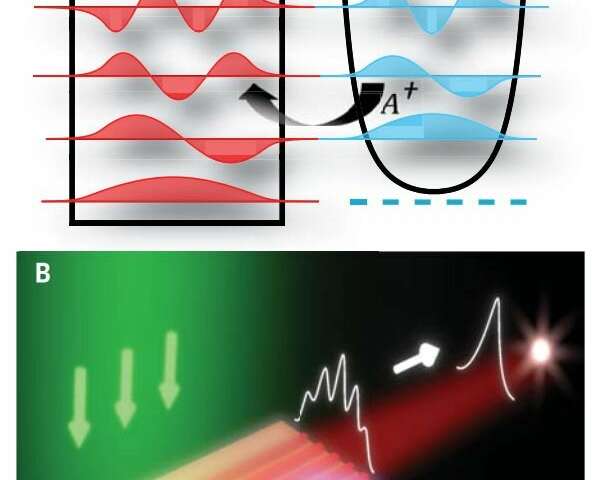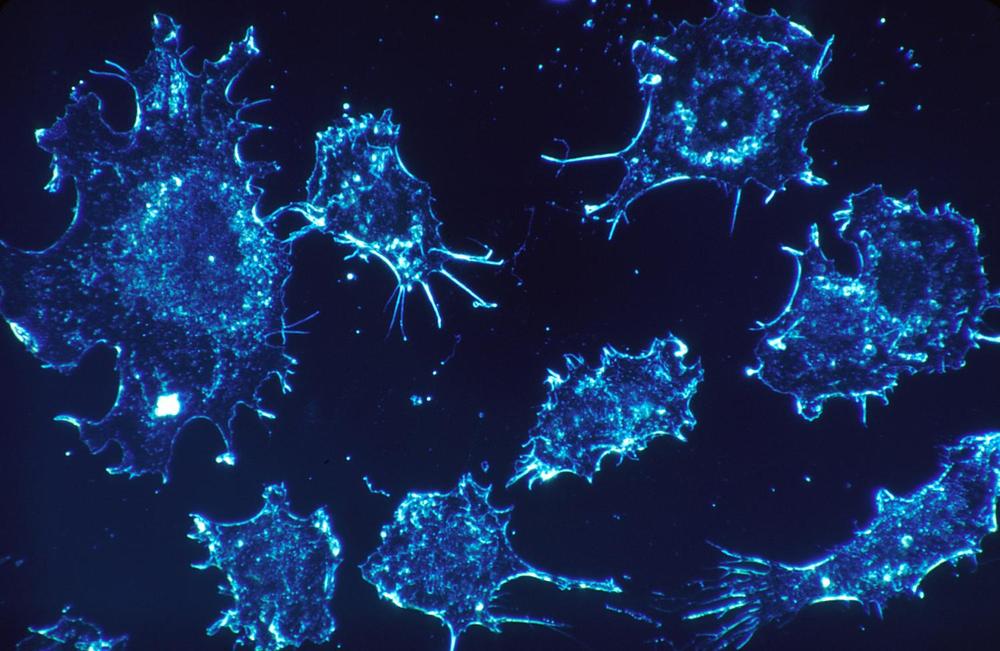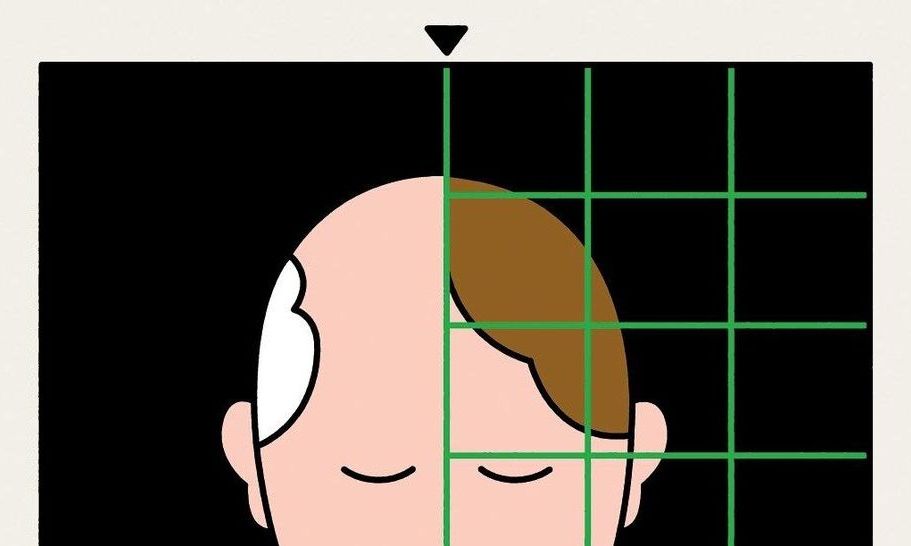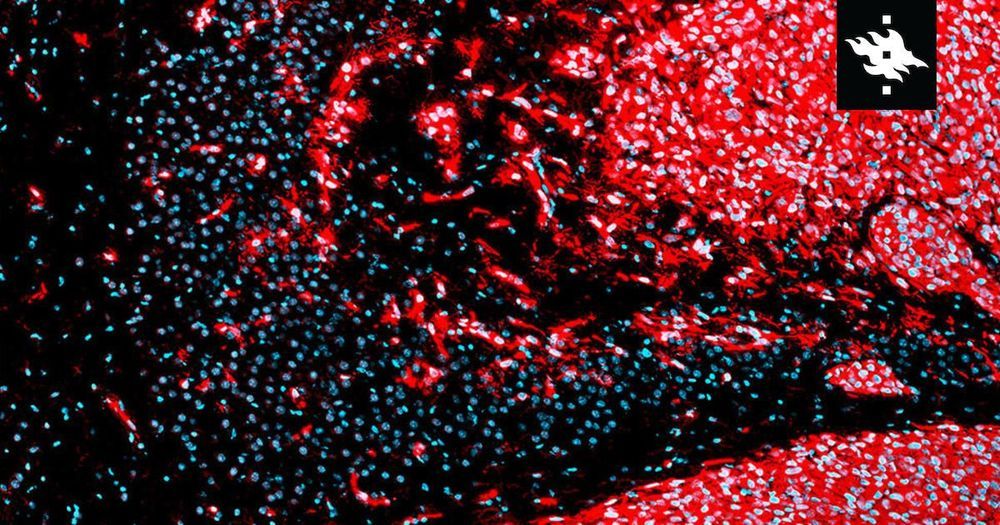We have reached a turning point in society. According to renowned theoretical physicist Michio Kaku, the next 100 years of science will determine whether we perish or thrive. Will we remain a Type 0 civilization, or will we advance and make our way into the stars?
Experts assert that, as a civilization grows larger and becomes more advanced, its energy demands will increase rapidly due to its population growth and the energy requirements of its various machines. With this in mind, the Kardashev scale was developed as a way of measuring a civilization’s technological advancement based upon how much usable energy it has at its disposal (this was originally just tied to energy available for communications, but has since been expanded).
The scale was originally designed in 1964 by the Russian astrophysicist Nikolai Kardashev (who was looking for signs of extraterrestrial life within cosmic signals). It has 3 base classes, each with an energy disposal level: Type I (10¹⁶W), Type II (10²⁶W), and Type III (10³⁶W). Other astronomers have extended the scale to Type IV (10⁴⁶W) and Type V (the energy available to this kind of civilization would equal that of all energy available in not just our universe, but in all universes and in all time-lines). These additions consider both energy access as well as the amount of knowledge the civilizations have access to.








